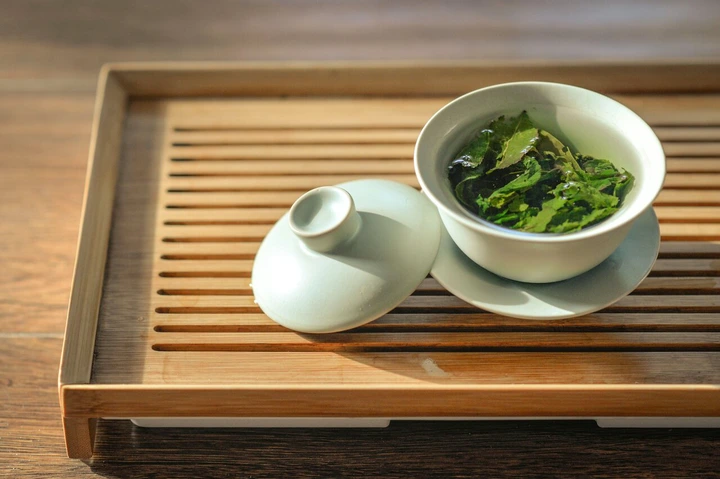
View pictures in App save up to 80% data.
A study conducted by the Kanazawa University Graduate School of Medical Sciences has revealed a noteworthy association between increased green tea intake and a reduction in cerebral white matter lesions among older individuals who do not have dementia. The results indicate that consuming three or more cups of green tea each day could be beneficial for maintaining brain health, whereas coffee consumption did not demonstrate a significant impact.
Green tea and coffee are recognized for their neuroprotective properties and rank as the second and third most popular beverages worldwide, following water. Previous studies have indicated a connection between the consumption of tea and coffee and cognitive advantages. However, there is a lack of research focusing specifically on their direct impact on structural changes in the brains of older adults.
Cerebral white matter lesions, which frequently signal small vessel disease, have been linked to cognitive deterioration, vascular dementia, and Alzheimer's disease (AD). This study sought to assess how the intake of green tea and coffee influences the volume of white matter lesions, hippocampal size, and overall brain volume, utilizing magnetic resonance imaging (MRI) data for analysis.
The study, "Green tea consumption and cerebral white matter lesions in community-dwelling older adults without dementia," published in npj Science of Food, was conducted as part of the Japan Prospective Studies Collaboration for Aging and Dementia, a large-scale, multisite observational study involving eight research centers in Japan.
Data was gathered from 2016 to 2018, involving dietary evaluations, MRI imaging, and cognitive assessments of 8,766 individuals aged 65 and above. To assess daily consumption of green tea and coffee, a Food Frequency Questionnaire was employed, classifying intake into four categories: 0–200 ml, 201–400 ml, 401–600 ml, and 601 ml or more.
Brain MRI scans yielded information regarding the volume of white matter lesions (WML), hippocampal volume (HV), and total brain volume (TBV). Sophisticated statistical models were utilized to account for confounding variables such as demographic information, health status, lifestyle choices, and genetic predispositions related to Alzheimer's disease.
The study omitted participants diagnosed with mild cognitive impairment (MCI), dementia, or those with incomplete information, resulting in a final group of 8,766 individuals.
Once confounding factors were accounted for, a notable link emerged between increased green tea intake and reduced WML volumes. Participants who consumed 600 ml of green tea each day exhibited WML volumes that were 3% less than those who drank 200 ml or less, while individuals consuming 1,500 ml daily showed a 6% decrease in WML volumes compared to the reference group.
There were no notable links found between the consumption of green tea and the volumes of the hippocampus or the overall brain. Additionally, coffee intake did not have a significant impact on white matter lesion volume, hippocampal volume, or total brain volume.
The research additionally investigated various subgroups classified by their depression status and whether they carried the ApoE ε4 allele. Notable decreases in WML volumes were found exclusively among individuals who did not have depression or the ApoE ε4 allele, correlating with higher intake of green tea.
Research indicates that the antioxidant and anti-inflammatory characteristics of green tea catechins, particularly epigallocatechin gallate, could help reduce vascular injury and enhance brain health, although the individual components have not been experimentally confirmed as the direct cause.
More information: Shutaro Shibata et al, Green tea consumption and cerebral white matter lesions in community-dwelling older adults without dementia, npj Science of Food (2025). DOI: 10.1038/s41538-024-00364-w
© 2025 Science X Network版权所有
This story was originally published on Medical Xpress. Subscribe to our newsletter for the latest sci-tech news updates.









